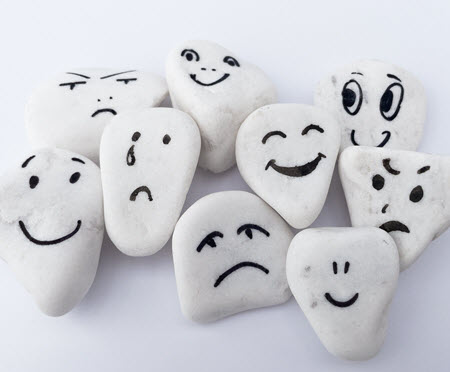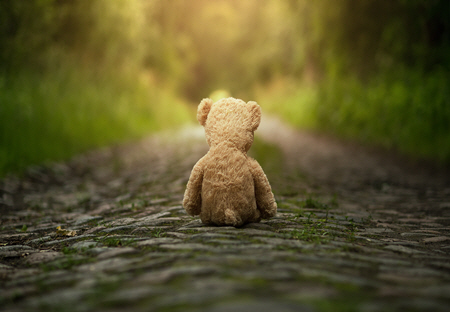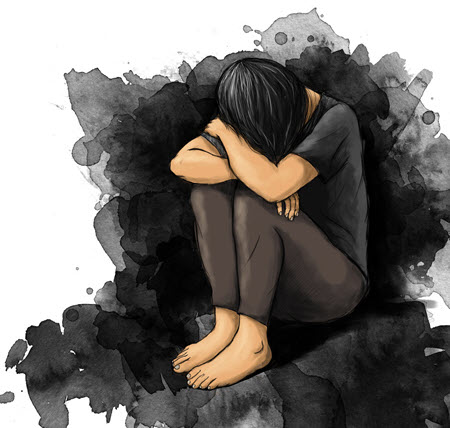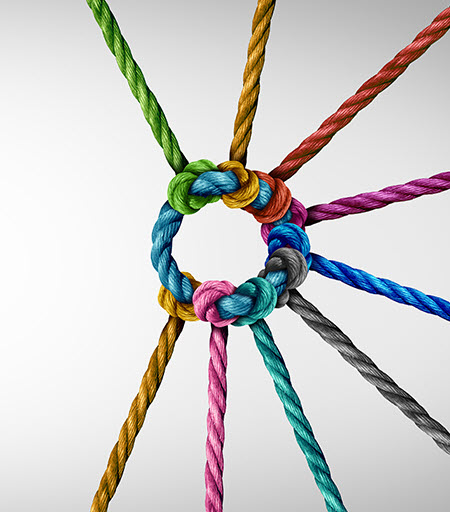 I’m just not like other people. I don’t even have feelings.
I’m just not like other people. I don’t even have feelings.
I don’t even know what to call these feelings. Nobody ever told me what feelings were called, so now, when I have them (and I do, all the time), they are huge, and I don’t know what to do with them.
I mean… families don’t talk about their feelings. That’s what friends are for. But now, I feel like I’m dumping all my stuff on my friends, who probably hate me for it. I’m a hot mess.
Having a harsh or critical parent can make you feel alone in the world. It can set down patterns in your brain when you are very young that lead to these feelings continuing into adulthood. You may find it difficult to attach to others.
You might even hear a judgmental, mean voice in your head that readily supplies criticism at every turn. You may have difficulty finding or cultivating joy in your life, even feeling you do not deserve happiness, contentment, or a life free of drama.
If you were raised in a home with emotionally abusive, unpredictable, or volatile adults, you might be very sensitive to subtle shifts in people’s actions. You may even have labeled yourself as “an empath.” You know what others are thinking and feeling all the time. It feels like you have a sense of what everyone else is experiencing in their heads.
 I needed to be “on guard” all the time in childhood.
I needed to be “on guard” all the time in childhood.
Feeling like a subtle, unpredictable shift in someone else’s mood could lead to a dangerous or even threatening situation for you.
At an early age, you learned to read tiny cues in the changes of facial expression, posture, or tone of voice that let you know when to put your defenses up or worse – you may never be able to let your guard down.
You may have learned not to defend yourself. To make yourself small, insignificant, or never in need of anything.
Be silent…
Play dead…
…whatever it took to avoid danger.
As an adult, asking for my needs to be met is hard.
It’s difficult voicing an opinion, especially if it differs from your partner’s or friend’s opinions.
Your needs come last after you have satisfied everything for everyone. It was your job to care for everyone else.
There is no space for you to express a thought or feeling. There are only everyone else’s goals, and it is your job to ensure that everyone else is cared for, not just physically but emotionally – which is a never-ending task.
I didn’t know how to be a good parent because I didn’t have one.
There’s no model for me. I was nothing more than an inconvenience to everyone as a child, and I probably am as an adult now, too.
I went to my parents about the issue, but they just asked me what I did to make it that way. Nothing ever got resolved.
It’s like I live in a different reality from the rest of my family – where I am this terrible person, but they all LOVE my sister. But she’s kind of mean and hurts my feelings all the time. I don’t understand how they don’t see it!
 It’s never about who I am; it’s always about what I can do.
It’s never about who I am; it’s always about what I can do.
I hate it. I have no identity if I am not doing all things for all people.
My boss scares the hell out of me. He looks at me like he will flip out at any moment, and I don’t know how to make him happy.
I have been caring for everyone else my entire life. When is it my turn to be cared for?
I just want someone to listen to me. Don’t solve anything… just listen. Everyone wants to solve my problems, but nobody listens long enough to know what the problem is!
Just like learning to play dead or be silent, you may have learned that you are last on the priority list while everyone and everything else is first.
I’m a really awful person under this fake persona.
If anyone got to know the real me, they would run away.
Why would anyone want to date me? I’m gross.
I’m just not like other people. I’m deeply flawed.
While neglect can make you feel invisible, abuse can make you feel too visible.
Emotional abuse can make a person feel like their flaws are highlighted and seen clearly by everyone else at every moment of the day. Emotional abuse can make you feel deeply flawed, evil, or wrong, like you don’t fit anywhere.
I was always a background character in that relationship…
… I never had a leading role. The show was never really about me.
I’m not very smart. I don’t know that I can survive on my own without someone telling me who to be. For years, my partner told me how to act. Now, without them, I’m just confused.
I always felt manipulated into doing something I didn’t want to do. Even when I said no, I usually ended up doing it anyway.
Emotional neglect and abuse can make you feel like you do not know who you are without someone else to tell you how to act.
Years, maybe even a lifetime, of being told who you are, convinced you that you have no identity beyond serving the abuser.
 Scars and bruises beneath the skin…
Scars and bruises beneath the skin…
Emotional abuse or neglect can happen at any time during our lives. And no matter when it happens, it changes us.
The effects are long-lasting and insidious. They build over time, often making us feel as though we were the ones who did something wrong.
It may seem like relationships make no sense. It may seem that you can’t perform at your job as everyone else does, and you may even feel like an imposter who is faking your way through your career.
You might feel like you do not need friendships or support in your life because other people can’t identify with who you are, or worse, they will learn the truth and abandon you for being needy.
You feel like you do not know how to express your needs or desires to a partner, your coworkers/colleagues, or friends.
You withdraw from or avoid confrontation, assuming that you are wrong, and you shouldn’t have input.
You may be a perfectionist, believing everything must be “just so.”
 I’m here to help.
I’m here to help.
We’ll work to dismantle and desensitize the lies and half-truths you were led to believe through emotional abuse or the neglect of the emotional state you experienced.
We’ll learn all about who you really are at your core.
What are your thoughts, feelings, and dreams?
This is your space. This is where you will learn about how these patterns developed in your life and what you can do to halt them in their tracks.
You can learn to cultivate joy and surround yourself with support. Even more importantly, you will learn what support looks like and how to ask for it when feeling “some kind of way.” Together, we will systematically break down the incidents that programmed you to put yourself last and learn how to put yourself first in a healthy and stable way.
It is not your fault that childhood was difficult. Many individuals come from families with dynamics that prevent their parents from catering to their emotional development. A parent may have struggled with poverty, substance use, mental illness, or other factors impeding them from being warm or nurturing.
But that does not mean you must carry this burden as an adult. We can reprocess these experiences into a deeper understanding – of what happened in childhood and how to deal with it now. We can explore who you want to be today and create an individualized plan to get you there.
I’ll help you re-prioritize your life, adding your truth to the list of things that must be attended to in a healthy and practical way.
We will work with you to break down your values and separate what you were taught from what you believe and feel is true. We will help you to live that truth every day, embodying the life you have designed for yourself once the old patterns are stripped away.
Be happy again!
If you are ready to grow…
If you are ready to put the abuse and neglect behind you…
If you have tried talking, but it hasn’t worked…
Call today, or send a text, for a free 20-minute consultation: (484) 599-2640.
We will discuss how I can help you and determine if we are a good fit for one another.

